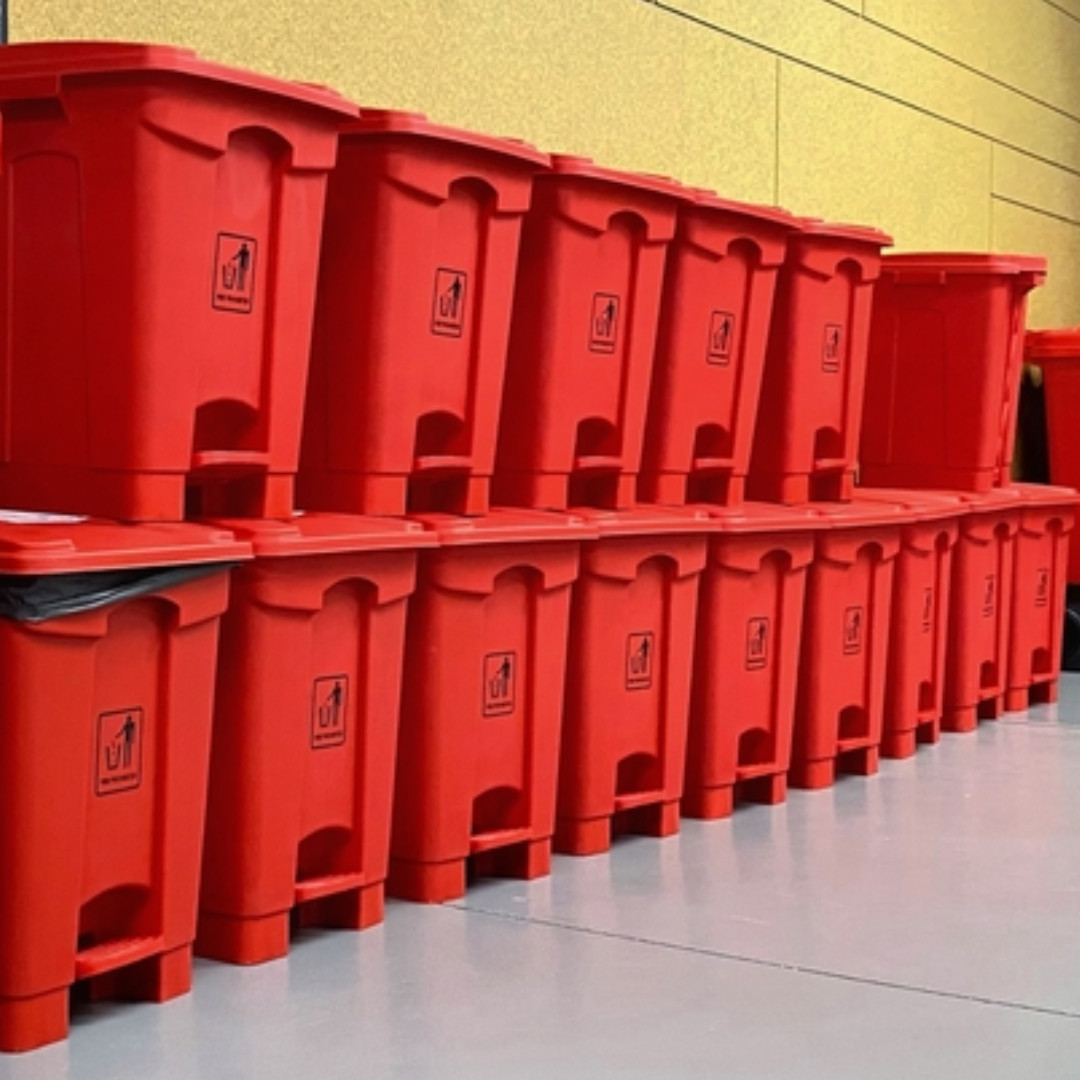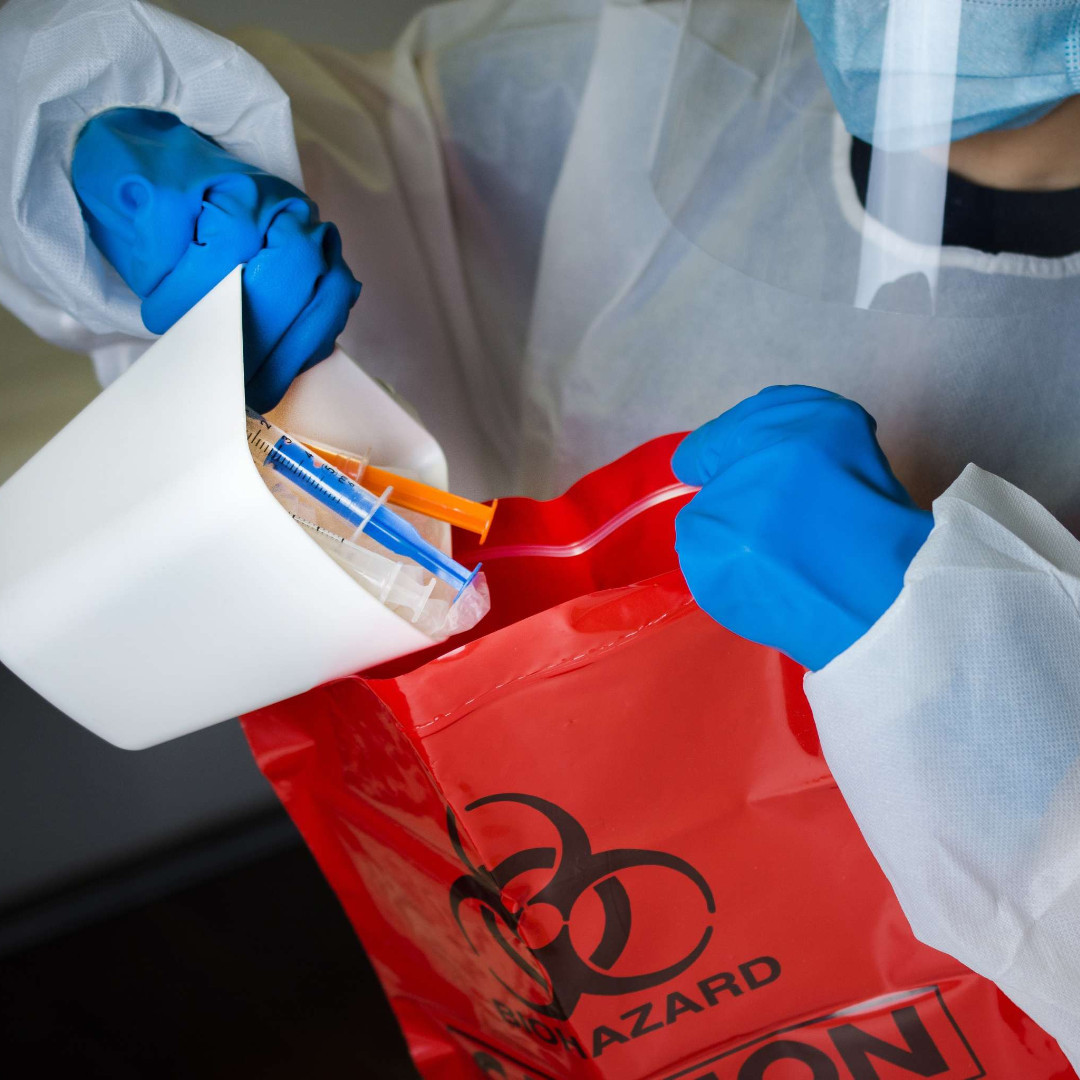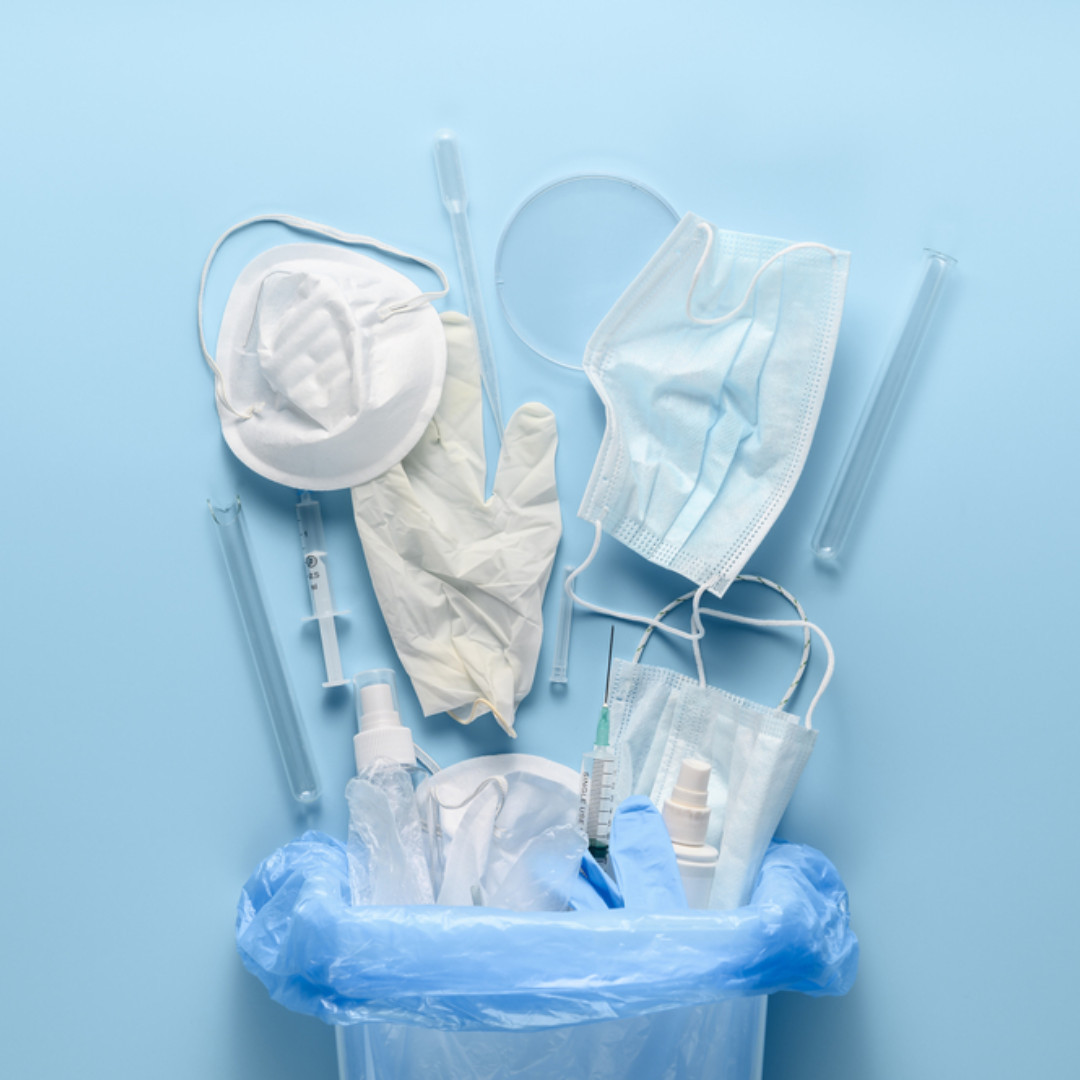Medical waste is a critically important, but often overlooked issue that impacts not just businesses and medical professionals, but society as a whole.
As more and more of the world’s population demands access to better medical care, careful handling becomes an even larger concern. To ensure everyone remains safe during its disposal, you need to know as much as you can about it. Read on to find out the most important things!
Handling And Disposal
This is a critical responsibility for healthcare, pharma, and research organizations. The people working at Sanpro medical waste disposal service know how important it is to do this process right. It’s essential to abide by local regulations when disposing of medical waste to ensure people’s safety and environmental protection.
Organizations must take the proper steps to identify each type of medical waste correctly and dispose of it safely. This is done either through incineration, autoclaving (steam sterilization), shredding/grinding with an enclosing device such as a Bio-Bag, or offsite transport for disposal by a licensed third-party collector or handler.
Types Of Medical Waste
Knowledge about the types of medical waste is essential for understanding how to handle this hazardous matter. Here are some that you should remember: infectious waste, non-infectious waste, sharps waste, hazardous waste, pharmaceutical waste, radioactive waste and pathological waste.
Infectious waste includes contaminated items that could potentially transmit bacteria or viruses, like used dressings or fluid-saturated materials. Non-infectious waste includes items such as disposable gloves and plastic containers that have come in contact with patient material but are deemed disinfected. Lastly, hazardous medical waste involves hazardous chemicals and other unused medications that could put people at risk if not disposed of properly. Being educated on these different types of medical waste can help medical professionals, businesses, and communities safely handle it.
How It’s Regulated
Disposing of medical waste can be a tricky affair. After all, you are dealing with substances that could potentially be dangerous to humans and the environment if handled incorrectly. As such, it’s important to understand how medical waste is regulated – both on the state and federal levels.
Both parties require separate licenses or permits for handling such materials and general rules are also in place based on the material type, storage methods, collection frequency, and container type used for disposal. Knowing how to properly store and dispose of medical waste is essential for sticking within these regulations, so it pays to know your limits when dealing with hazardous materials.
Risks And Hazards
While medical waste is an important part of ensuring that our population is healthy, it must be handled with extreme care as it can have a terrible environmental effect if not managed correctly. Medical waste can contain hazardous products such as chemicals and drugs, which can seep into the environment if improperly disposed of. Education on personal safety when in contact with medical waste is essential to avoiding any sort of health-related risks from exposure. These hazards present themselves in the form of bacteria, viruses, and other toxins that could even prove fatal if proper precautions are not taken regarding the handling and disposal of medical waste. When dealing with this type of waste, it is vitally important for all necessary steps to be followed for proper disposal and protection of individuals who may come in contact with it.
Personal Responsibility
The responsibility of individuals and companies to properly manage medical waste is one of the key aspects of effective medical waste management. Everyone must do their part to ensure that healthcare facilities, laboratories, and other establishments are following the proper regulations regarding waste disposal and storage. This includes disposing of items such as sharps containers and single-use clothing or supplies in an appropriate fashion.
Not only does this help reduce costs and ensure safety for both patients and staff, but it also eliminates the risk of improper processing by a third party which could cause far-reaching environmental damage. Everyone has a duty to take responsibility for their medical waste, no matter what the circumstances may be.
Importance Of Awareness
With the use of medical technology and healthcare procedures increasing, it is incredibly important to be aware of the risks posed by medical waste. It can consist of anything from biological infectious waste to discarded materials such as bandages and needles. Without proper disposal, these materials pose a risk to both people and the environment.
Raising awareness about how to dispose of these items in an appropriate way is a key step toward preventing the accumulation of hazardous materials. Informing sensitized individuals about proper methods for handling and disposing of medical waste can help protect the community from the potential for health issues or environmental damage that may arise from its inappropriate disposal.
With medical waste, the importance of awareness can never be overstated. Not only should you be aware of how it’s handled and disposed of, but also the different types of medical waste and the potential risks involved with mismanagement. Paying attention to authentic resources and regularly reviewing guidance from your healthcare providers is critical in ensuring that you handle and dispose of any medical waste correctly. Being knowledgeable about this could save your life or that of another — and that’s why taking personal responsibility when it comes to safety measures isn’t optional, but essential!
This content, Top 6 Things To Know About Medical Waste: Regulations, Risks, And Practices, was originally shared by Harlem World Magazine recently.











